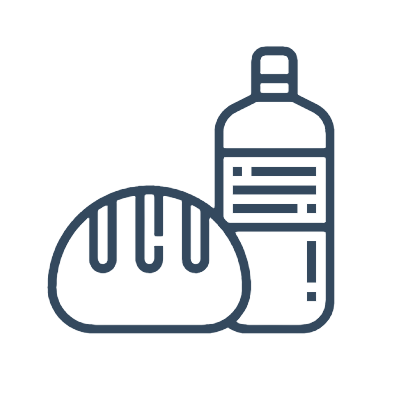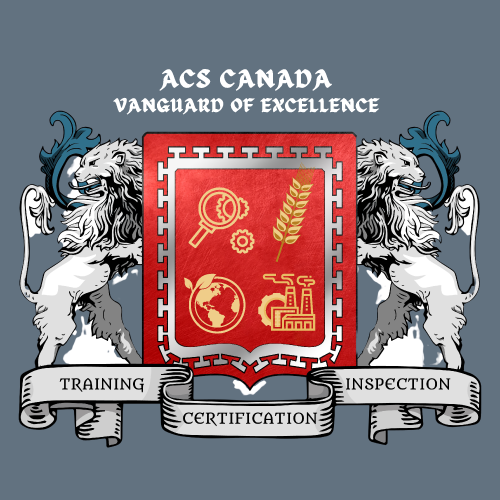ESL Certification

FOOD APPROVAL
Chilled packaged foods with extended shelf life (ESL) are foods that are refrigerated to keep them fresh for longer than five days. In general, heat or other preservation techniques used to these items are insufficient to assure commercial sterility.
Refrigeration is a significant barrier that slows food degradation and the development of most infections. It is the obligation of the maker to guarantee that the product produced is safe during its shelf life, taking into account the possibility of temperature abuse. This may necessitate the use of microbial growth inhibitors in addition to refrigeration. Temperature abuse is possible during manufacturing, storage, transport, sale, and customer handling. These temperature abuses may allow harmful bacteria to flourish unless extra barriers are incorporated into the product to prevent microbial development.
The refrigeration alone is not always enough to reduce microbiological danger, because certain microbes are psychotropic (grow at refrigeration temperatures), such as particular strains of Listeria monocytogenes or Clostridium botulinum, which can thrive at temperatures as low as 4°C. As a result, in the absence of additional barriers, some of these unwanted microbes are likely to flourish at refrigeration temperatures.
On-site audits in accordance with ESL standards, such as the CODE OF HYGIENE PRACTICE FOR REFRIGERATED PACKAGED FOODS WITH EXTENDED SHELF LIFE CAC/RCP 46, and sampling on-site production, with samples taken according to a sampling plan being sent to national or international accredited laboratories, are the foundation for ESL certification. The core team examines the on-site audit report and test results after performing the required tests, and if the results meet all basic standard parameters, the approval certificate is issued.
BENEFITS FROM ACS CANADA ESL APPROVAL CERTIFICATION
The internationally recognized approval of the food or agriculture products,
The provide supporting documents and records by international accreditation laboratories test reports(ISO 17025-ILAC-IAF Accreditation laboratories),
Worldwide marketing and sales, ensuring the food safety and shelf life of products to clients and consumers.
Training at ACS Canada
ACS employs accelerated learning methods to ensure a comprehensive grasp of all certificates. Our approach involves contextualizing your learning through a wide array of options, including classroom instruction, workshops, as well as interactive and online sessions.
ESL Certification Training - 1
GMP Requirements

GMP – Requirements & Documentation
This course aims to teach the principles and practices of GMP requirements in the food industry.
More About This CourseESL Certification Training - 2
LABORATORY INTERNAL AUDITOR

Laboratory Internal Auditor
This course aims to teach the principles of effective laboratory internal audits.
More About This CourseESL Certification Training - 3
HACCP LEAD AUDITOR

HACCP – Lead Auditor
The aim of this course is to teaches the principles and practices of effective HACCP third party audits.
More About This CourseESL Certification Training - 4
HACCP INTERNAL AUDITOR

HACCP – Internal Auditor
This course aims to teach the principles and practices of HACCP-GMP first and second-party audits.
More About This CourseESL Certification Training - 5
HACCP REQUIREMENTS

HACCP – Requirements & Documentation
The aim of this course is to provide delegates with the knowledge and skills required to understand HACCP requirements and documentation.
More About This CourseESL Certification Training - 6
FSMS ISO 22000 REQUIREMENTS

ISO 22000 – Requirements & Documentation
The aim of this course is to provide delegates with the knowledge and skills required to understand FSMS requirements and documentation.
More About This Course
